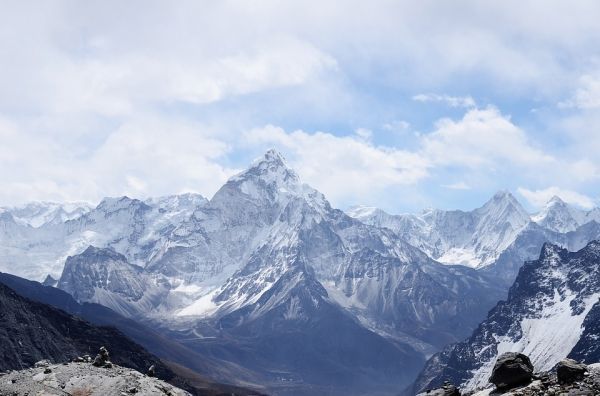Spring snowmelt in the Alps is occurring earlier in the year due to climate change and as a result triggering abrupt deviations in mountain ecosystems. These changes could negatively affect the functioning of these valuable ecosystems.
New research, funded by the Natural Environment Research Council, has demonstrated that vitally important microbial communities within Alpine soils are under threat as a direct result of increasing global temperatures caused by ongoing climate change. These belowground microbes critically support aboveground life because they recycle the key nutrients upon which all animals and plants depend, including humans. They also control how much carbon is stored safely in the soil, where it cannot cause further global warming.
In winter, Alpine soil microbes depend on snow to act as an insulating blanket, allowing them to continue to work throughout the cold alpine winter. However, it is estimated that the annual Alpine winter snowpack will begin melting over 100 days sooner than currently by the end of this century. Scientists from The University of Manchester, in collaboration with the University of Innsbruck, Helmholtz Zentrum München and the Centre for Ecology and Hydrology, demonstrate how this will affect soil microbes, and the critical functions they perform, by using in-the-field experiments and publishing their findings in The ISME Journal.
Read more at University of Manchester
Photo Credit: Free-Photos via Pixabay


